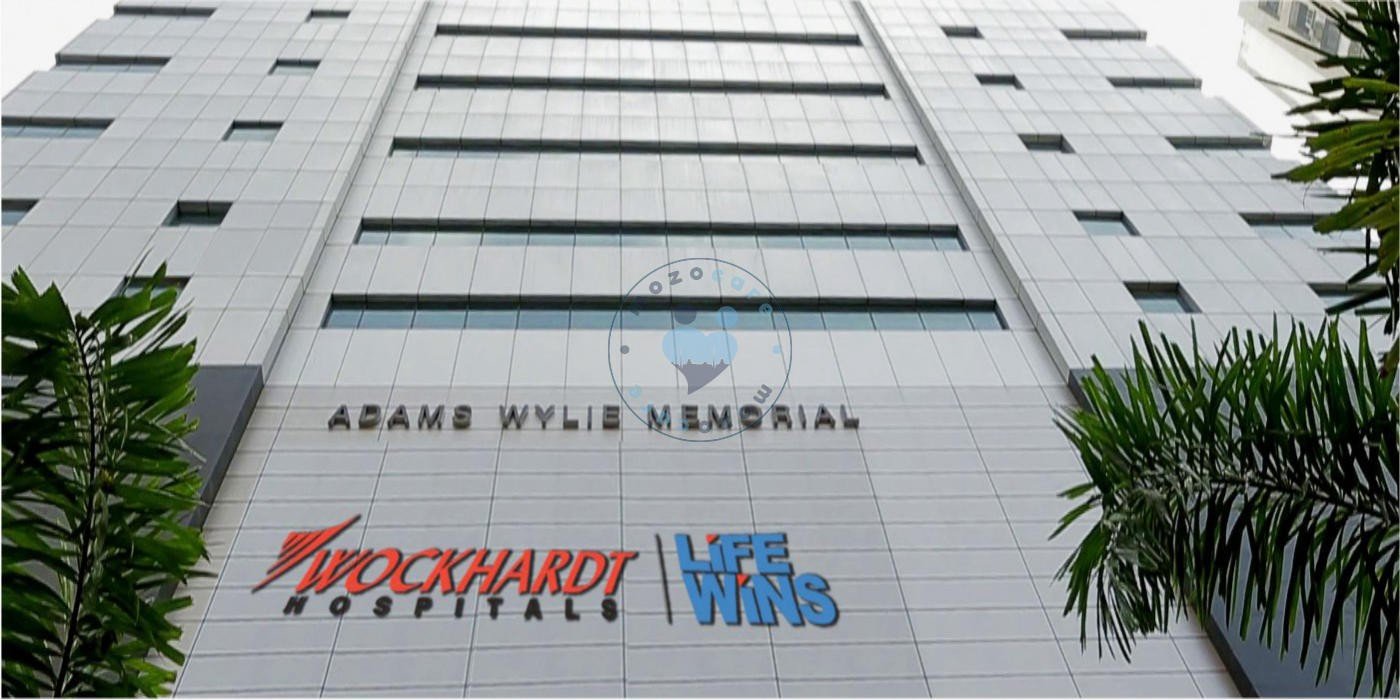

There are many factors that can affect the costs
Get Free Consultation
Arteriovenous Fistula Treatment Abroad
An arteriovenous (AV) fistula is an abnormal connection between an artery and a vein. Normally, blood flows from your arteries to your capillaries to your veins. Nutrients and oxygen in your blood travel from your capillaries to tissues in your body.
Arteriovenous fistula is a condition of lack of blood supply to the tissues. Normally the blood flows from the arteries to the veins via capillaries. These capillaries supply blood to the tissues. But in arteriovenous fistula the blood flows directly to the veins resulting in blockage of blood supply to the tissues.
• It may be present since birth due to abnormal development of arteries and veins. • Genetic conditions example – hereditary haemorrhagic telangiectasia • Cardiac catherization – the procedure may cause AVF due to dilation of blood vessels
Depending on the type of arteriovenous fistula the treatment options are – • Ultrasound guided compression • Catheter embolization • Surgery
Complications associated with AVF are – • Subarachnoid haemorrhage • Blood clots leading to pulmonary embolism • Heart failure
A clicking sound is heard while examining the heart sound with a stethoscope. Further imaging tests required are – • Magnetic resonance angiography- fistula between deep arteries and veins • Duplex ultrasound – to detect fistula in arms and legs • Computed tomography angiogram – detects fistula with an injectable contrast dye To diagnose pulmonary arteriovenous fistula following tests are required – • Arterial blood gas test • Complete blood count • Chest X-ray • Echocardiogram • Pulmonary arteriogram
Yes, arteriovenous fistula can be safely treated. For a successful and sustainable result it is extremely important to carefully plan and execute the treatment. If the treatment fails, it leads to recurrence and certain complications which is challenging to manage.
It generally takes 10-14 days to recover from AVF treatment.
The surgical procedure is done in operation room under local anaesthesia.
Types of AVF are – • AV fistula of leg or arms • Pulmonary AV fistula • AVF of GI tract • Dural arteriovenous fistula
Risks associated with AVF surgery are – • Allergic reaction to anaesthetic medicines • Bleeding • Blood clots • Infection
| Wockhardt Hospital South Mumbai | |
| HELIOS Hospital Berlin-Buch | |
| European Medical Center (EMC) | |
| HELIOS Hospital Munich-West | |
| Tel Aviv Sourasky Medical Center (Ichilov Medical Center) | |
| Hisar Intercontinental Hospital | |
| Centro Médico Teknon - Grupo Quironsalud | |
| KUIMS | |
| Gangnam Severance Hospital | |
| Kokilaben Dhirubhai Ambani Hospital |

Mumbai, India

Berlin, Germany

Moscow, Russian Federation

Munich, Germany

Tel Aviv, Israel